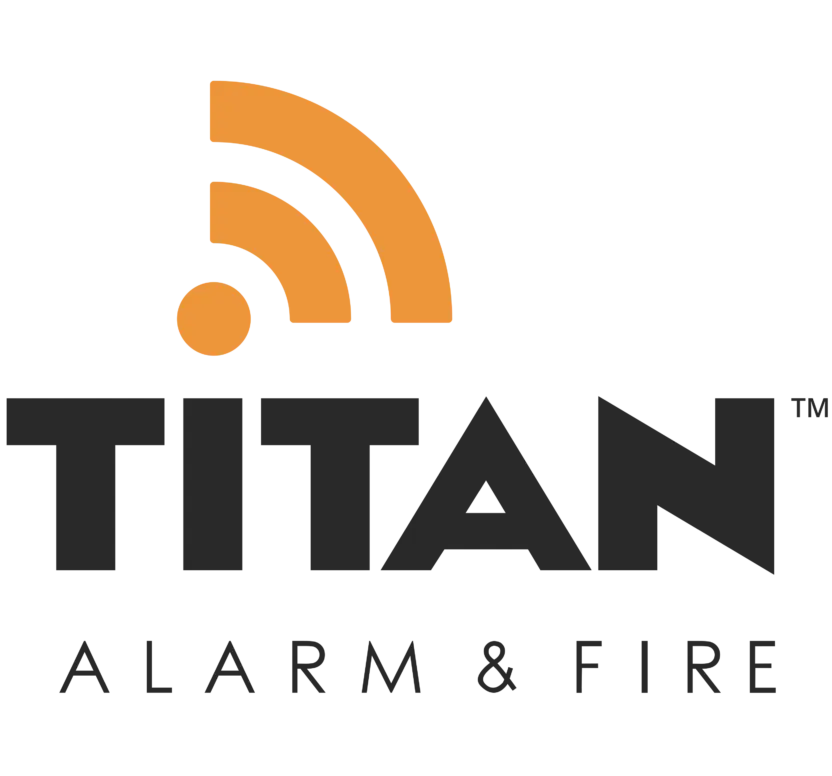Fire Systems and Fire Prevention Tips
With the dry Arizona summer approaching it’s time to address house fires and how to prevent them. The National Fire Protection Association reported that 42% of all house fires are caused by cooking utensils and that 17% of them are caused by issues related to heating and cooling. With 487,500
